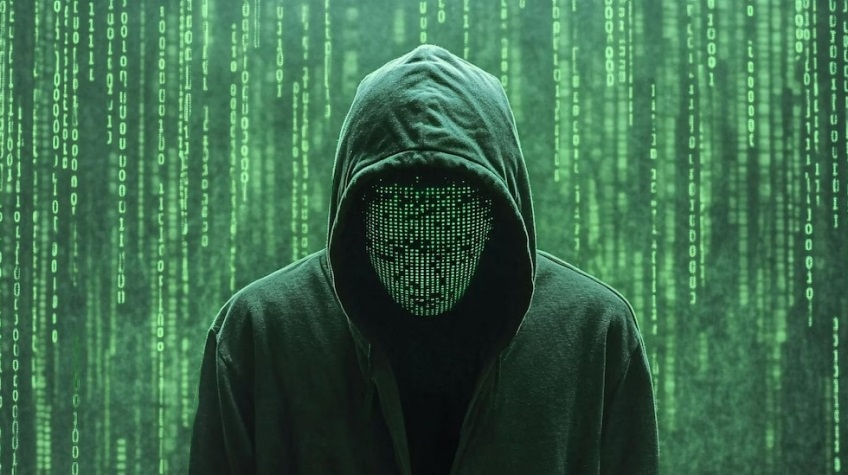Ethical hacking is a crucial skill in today’s interconnected digital world, where cybersecurity threats have become more sophisticated and pervasive. With businesses, governments, and individuals relying on technology to store and transmit sensitive data, the need for robust security measures has never been greater. An ethical hacking course equips individuals with the necessary skills to protect networks, systems, and data from malicious cyber threats. By learning how to think and act like a hacker, ethical hackers can anticipate and defend against potential vulnerabilities that could be exploited by cybercriminals. In an ethical hacking course, students are taught to perform penetration testing, vulnerability assessments, and other types of ethical hacking activities. These techniques help security professionals identify weaknesses in a system before malicious hackers can exploit them. By understanding how hackers approach attacks, ethical hackers are better prepared to fortify networks and systems, preventing unauthorized access, data breaches, and other security incidents. The ability to conduct a thorough security audit, and implement corrective actions is vital in protecting sensitive information such as financial data, medical records, intellectual property, and personal details.

One of the most valuable aspects of corso ethical hacking is that it emphasizes legal and ethical guidelines. Unlike black-hat hackers who engage in illegal activities for personal gain, ethical hackers operate within the boundaries of the law. They work with organizations to strengthen their cybersecurity defenses by identifying and addressing vulnerabilities before they can be exploited by malicious actors. Ethical hackers adhere to strict codes of conduct, ensuring their actions benefit society as a whole. This makes ethical hacking a trusted profession, and individuals trained in it play an integral role in the cybersecurity ecosystem. The rise of cybercrime has made ethical hackers indispensable to organizations across various sectors, including finance, healthcare, government, and technology. With cyberattacks becoming increasingly sophisticated, it is crucial to stay ahead of cybercriminals by developing proactive defense strategies. Ethical hacking courses provide students with hands-on experience in using the same tools and techniques that hackers use to infiltrate systems. This practical knowledge allows students to simulate real-world attack scenarios, giving them a deeper understanding of potential threats and the best practices for mitigating them.
Additionally, ethical hacking is a constantly evolving field. As new technologies and software emerge, so do new vulnerabilities and threats. By continuously improving their skills, ethical hackers can remain effective in defending against emerging threats, such as ransomware attacks, phishing schemes, and advanced persistent threats APTs. Furthermore, ethical hackers often work closely with security teams to implement security patches, update firewalls, and configure intrusion detection systems to enhance overall network security. Ultimately, an ethical hacking course provides more than just technical expertise it fosters a mindset focused on proactive problem-solving and continuous improvement. By learning to think like a hacker, individuals can better defend against cyberattacks, securing sensitive data and ensuring that systems remain reliable and trustworthy. With the growing demand for cybersecurity professionals, completing an ethical hacking course can open up numerous career opportunities in an ever-expanding field. Whether you are looking to enhance your current skills or start a new career in cybersecurity, ethical hacking is an invaluable tool for safeguarding the digital world.